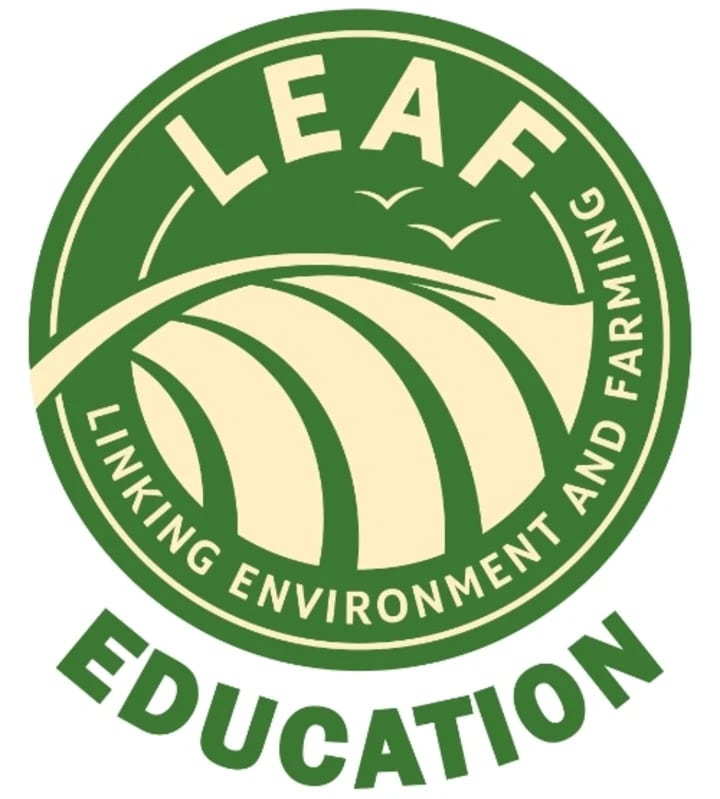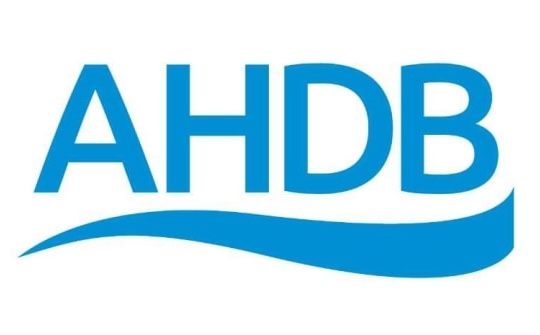This was the puntastically-titled panel session at the Telegraph Festival of Education this year, led by Countryside Classroom and friends.
Dan Corlett of lead partner, Farming and Countryside Education set the scene for the session, explaining that farming is a canvas (or Smörgåsbord if we’re going to follow the food metaphor) for integrated teaching across Science, Technology, Engineering, Arts and Mathematics - the more enlightened STEAM that is gradually taking over from the rigid fixations on STEM.
Jenni Rant, of the SAW Trust described the Lunchbox Science project where eight primary schools welcomed a scientist, artist and writer into the classroom to work with pupils on one of eight components of their lunch (water, yeast, wheat, yoghurt, cheese, lettuce, chocolate, potato crisps). Each group undertook experiments led by the visiting scientist, using techniques and equipment normally out of reach of primary schools. Art was inspired by (e.g.) what could be seen under the microscope, and writing took various forms including poetic reflections on the food or how it is grown. All eight schools presented their work at an agricultural show where the whole lunchbox came together in one place.
Resources to help teachers run Lunchbox Science for themselves will be available on Countryside Classroom soon.
Helen Cox of Sir John Lawes School in Hertfordshire, described the Leadership Programme they have developed for year 7s. The challenge, available to a small number of the year group, sees the pupils teamed up with a farm and an agricultural research centre to put their minds to work on a current agricultural challenge (2016: slug infestations; 2017: drought). The group, small enough to fit on a single minibus, are able to make multiple visits to the local farm and the research centre within timetabled sessions, over the course of 6 weeks. At the end of the project, their presentations, in the form of dragons’ den style pitches, are designed to summarise their learning, stretch their teamwork and oration skills and demonstrate the integrated and creative STEAM approach they have taken to the problem.
Donna Ashlee, Assistant Principal of Brockhill Park school in Kent, which operates its own award-winning school farm, spoke about the way in which the farm’s resources and outdoor space have been utilised to teach all pupils. Their Farm Fortnight sees all teachers across all subjects finding innovative ways to teach their curriculum on the farm, while an OCN-accredited qualification they have developed in-house enables pupils to gain extra-curricular recognition for their learning which integrates STEAM subjects.
While Brockhill has a farm, Ashlee insists, the activities and schemes which encourage outdoor learning and thinking outside the box, can be delivered in any grounds available at any secondary school.















